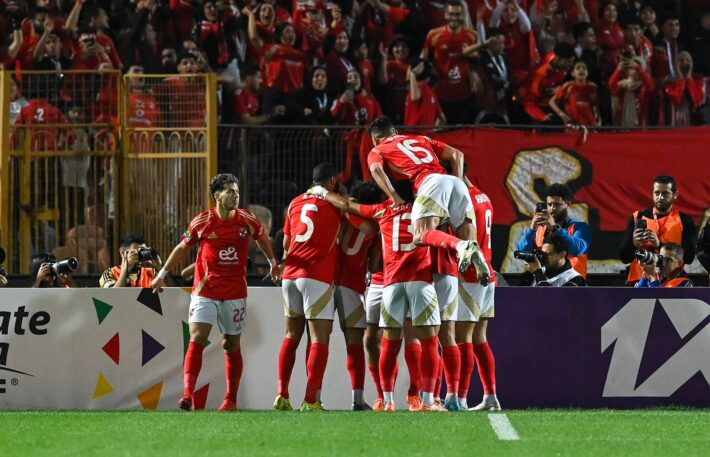Egyptian football giants Al Ahly SC will see at least 15% of their FIFA Club World Cup prize money withheld due to United States tax laws, FIFA has confirmed.
The Cairo-based club received formal notice from football’s global governing body that the United States Internal Revenue Service (IRS) will enforce a withholding tax on earnings from the 2025 tournament, which is set to take place across several American cities.
This move means that a minimum of 15%, and potentially up to 20%, of all earnings secured during the competition will be deducted before the funds are disbursed to the club.
Under FIFA’s newly expanded 32-team format, Al Ahly is guaranteed a base payout of $9.5 million simply for qualifying and participating. However, with the tournament hosted in the US, this figure will be reduced significantly before it reaches the club’s accounts.
The amount could have increased based on the team’s performance in the tournament, but now any additional winnings will also be subject to the same tax rate.
The development presents a financial setback for Al Ahly, who had been counting on a major windfall from their involvement in the global showcase.
With the Club World Cup representing not only sporting prestige but also a rare commercial opportunity, the news of taxation has tempered the club’s expectations of reaping full financial benefits.
The draw for the competition has placed Al Ahly in one of the most challenging groups. The Egyptian champions are set to face a formidable lineup, including Inter Miami—spearheaded by Argentine legend Lionel Messi—Brazilian side Palmeiras, who lifted the Copa Libertadores in 2021, and Portuguese powerhouse FC Porto.
The group stage alone promises intense competition, further increasing the stakes of every match, both on the pitch and financially.
Al Ahly had hoped that success in the tournament would serve as a major boost not just to their global profile, but also to their financial stability. In preparation for the event, the club had invested heavily in building a squad capable of matching the calibre of top international teams.
The confirmation that a substantial portion of potential earnings will be withheld at the source has now cast uncertainty over the returns from that investment.
The club is not alone in facing this situation. All teams competing in the tournament will be subject to the same US tax regulations, but the impact may be felt more acutely by clubs operating in economies where such financial losses are harder to absorb.
For Al Ahly, whose revenues are largely driven by regional success and a loyal domestic fanbase, every dollar earned at the global level holds increased significance.
This latest development has sparked broader discussion within football circles about the implications of hosting major international tournaments in countries with strict taxation policies.
While the United States offers world-class infrastructure and a growing football market, the financial framework may prove less favourable to participating clubs, particularly those from outside Europe and North America.
For now, Al Ahly must refocus on their preparations for what promises to be one of the most competitive campaigns in the club’s history. But as they chase glory on the pitch, a parallel challenge will persist off it—ensuring the tournament yields enough financial reward to justify the scale of their ambition.











